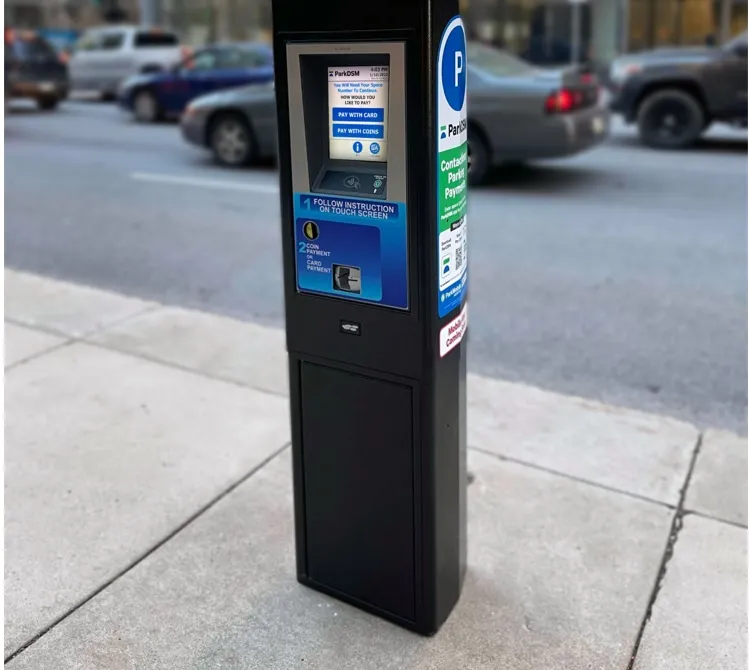APCOA Parking UK, operator of of Heathrow Airport’s parking facilities, has chosen APT Skidata, to re-equip nine staff car parks and refresh a further 1,580-space short stay multi-storey commercial passenger car parks serving Heathrow’s Terminal 3 (T3).
Within the staff car parks, which need to accommodate 34,000 employees and currently use multiple parking systems, APT SkiData is installing its Column.Lite entrance systems at entry lanes, equipping them with radio frequency identification devices (RFID)
December 1, 2015
Read time: 2 mins
Within the staff car parks, which need to accommodate 34,000 employees and currently use multiple parking systems, APT SkiData is installing its Column.Lite entrance systems at entry lanes, equipping them with radio frequency identification devices (RFID). This will enable drivers to use an access card to tap-in and out, ensuring the car park operator knows who has parked and for how long, optimising space capacity.
For the short stay multi-storey car parks, which need to manage a high volume of vehicles and a quick turnaround APCOA Parking UK, in conjunction with Heathrow Airport’s Commercial management team, has opted for a combination of Column.Gate and Barrier.Gate systems across the six entrance and seven exit lanes.
The two technologies work together to allow smooth and easy access. They integrate with a dynamic guidance safety feature that illuminates a red or green arrow to indicate when it is available to enter. They also integrate with automatic number plate recognition (ANPR) to increase security and prevent tailgating. For ease of payment, nine Power.Cash and three Credit.Cash systems will also be installed.
APT Skidata will also incorporate hi-resolution pinhole cameras to all of the newly installed equipment. These integrate with the latest Parker Logic 8 management software, which centralises the monitoring of all parking systems for better overall control, so that customers can directly speak to an operator when assistance is required.










